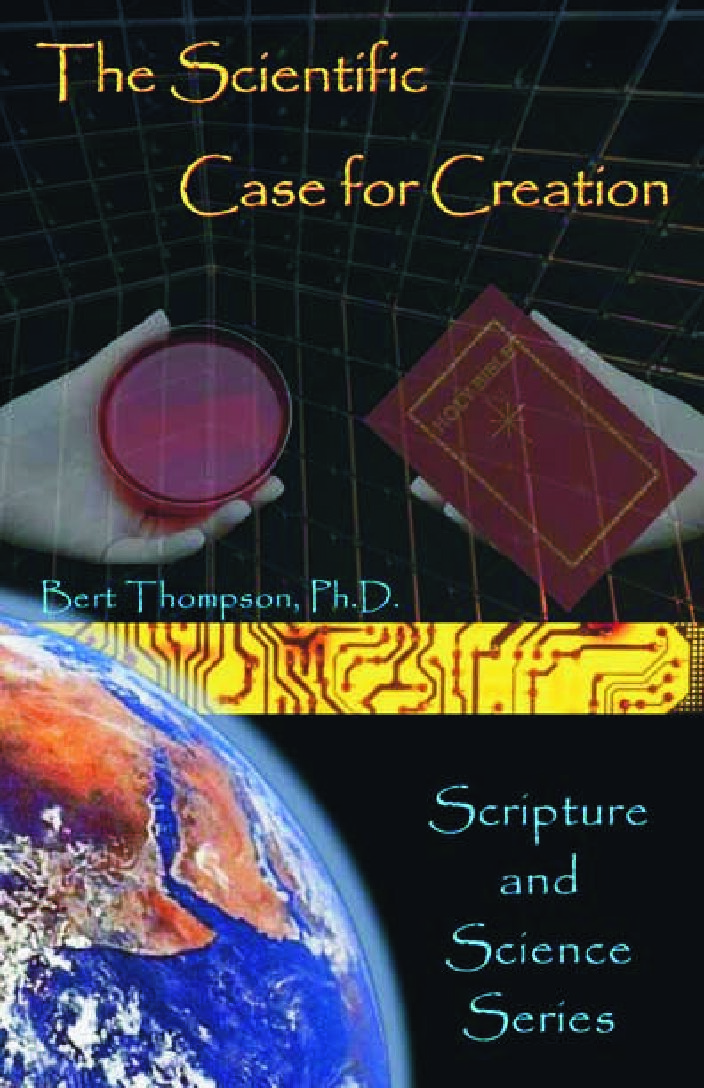The Bahá’í Faith presents a unique perspective on the relationship between science and religion, particularly in addressing the notions of God and creation in an age characterized by rapid scientific advancements. This intricate interplay between faith and empirical knowledge encourages a holistic understanding of existence, fostering a deep appreciation for both the material and spiritual realms. The teachings of Bahá’u’lláh, the founder of the Bahá’í Faith, invite profound inquiry into the nature of divinity and the origins of the universe, thereby establishing a compelling case for acknowledging a Creator amidst the contemporary scientific narrative.
In an era dominated by scientific inquiry and skepticism towards the supernatural, the Bahá’í teachings endeavor to elucidate the harmony between religion and science. This juxtaposition is pivotal, as it reflects a broader societal observation: despite the advancements in scientific understanding, the allure of the divine remains unabated. Indeed, individuals continue to seek purpose, meaning, and connection to something greater than themselves. Consequently, the Bahá’í perspective posits that the essence of creation is not merely an accident of evolution, but rather a deliberate act imbuing the cosmos with intention and design.
At the core of Bahá’í beliefs lies the assertion of a singular, unknowable Creator who governs the universe with wisdom and benevolence. This perspective can provoke a rich dialogue regarding the intersection of faith and reason. The teachings delineate that while science explains the “how” of creation—through laws of physics, chemistry, and biology—religion addresses the “why.” It is an inquiry into purpose that resonates deeply within the human soul, catalyzing a yearning for understanding that transcends mere factual knowledge.
Moreover, the Bahá’í Faith advocates for the compatibility of scientific inquiry and spiritual exploration. Followers are encouraged to engage with scientific endeavors as a means of gleaning insights into the divine attributes manifest within creation. This paradigm proposes that the laws governing the universe are not antithetical to the belief in God; rather, they are expressions of divine order. The Bahá’í teachings encourage individuals to explore the universe’s marvels, recognizing them as wondrous manifestations of God’s power and creativity.
The concept of progressive revelation is another significant principle within the Bahá’í Faith. It posits that religious truth is not static but evolves over time through a succession of divine educators, or Manifestations of God. This notion facilitates a deeper comprehension of the cosmos, illustrating how spiritual insights can open new avenues of understanding as humanity’s knowledge of the universe expands. In this context, scientific discoveries may serve to refine and redefine spiritual truths, highlighting an ongoing dialogue between divine revelation and human intellect.
Furthermore, the Bahá’í view espouses a unified vision of humanity, recognizing that religious and scientific understandings should coalesce towards the advancement of civilization. This perspective is particularly poignant in a world rife with discord and division. The teachings emphasize that all knowledge, whether derived from science or spirituality, is complementary and should be harnessed for the collective benefit of humanity. By embracing both realms, individuals may cultivate not only a comprehensive understanding of existence but also a robust methodology for addressing the myriad challenges facing the modern world.
A critical evaluation of the arguments for God and creation in light of scientific inquiry also brings forth the concept of design. Bahá’í teachings encourage contemplation of the intricacies of the natural world—the remarkable complexities of ecosystems, the delicate balance of life, and the unfathomable vastness of the cosmos. Such reflections may evoke an appreciation for the harmonies present in the universe, prompting one to ponder the implications of design within natural phenomena. This sense of wonder can lead to an acknowledgment of a Creator who skillfully orchestrates the myriad elements of creation.
In conjunction with this, the examination of the human experience also plays a pivotal role in the Bahá’í case for God. The inherent propensities towards love, altruism, and the pursuit of knowledge are seen as reflections of divine attributes within humanity. These qualities not only affirm the connection between individuals and the Creator but also suggest a higher purpose, fostering a communal bond that transcends cultural and societal boundaries. Such attributes posit a compelling argument for the existence of a God who endows His creation with purpose and direction.
Moreover, the tension between materialism and spirituality is a salient theme in contemporary discourse. The challenge of reconciling scientific methodology with metaphysical inquiries invites critical introspection. The Bahá’í Faith addresses this dichotomy by promoting a worldview that embraces both empirical evidence and profound spiritual truths. It affirms that material advancements are not sufficient for fulfilling the human spirit, which yearns for spiritual sustenance and connection with the divine. In essence, the Bahá’í teachings assert that the material world must be viewed through the prism of spiritual understanding, emphasizing that both dimensions are essential to holistic living.
In conclusion, the Bahá’í teachings present a profound case for the coexistence of God and creation within a scientific paradigm. By advocating for the integration of scientific inquiry and spiritual exploration, these teachings foster an environment conducive to deeper understanding and interconnection. Addressing both the remarkable complexity of the universe and the intrinsic qualities that define human existence, the Bahá’í Faith invites individuals to engage with the profound mysteries of creation while nurturing their inherent spiritual yearnings. As humanity navigates an increasingly complex world, these teachings offer a framework for harmonious coexistence that underscores the significance of recognizing divinity within the fabric of existence.
